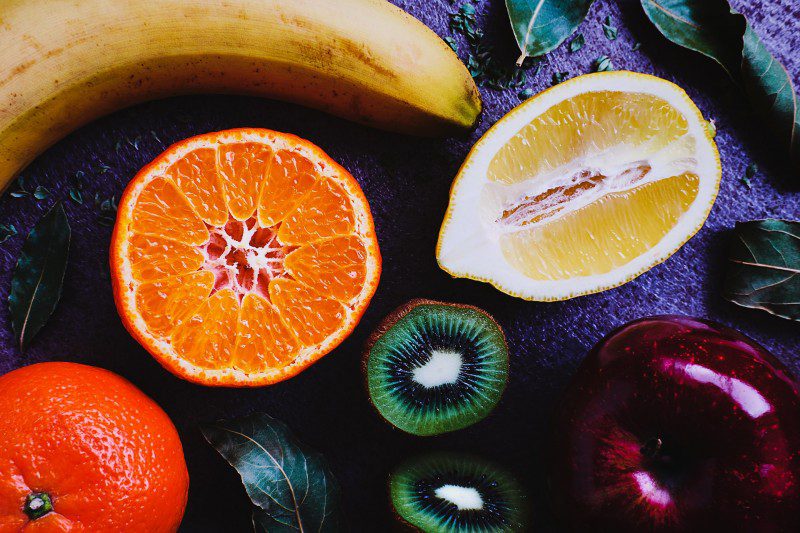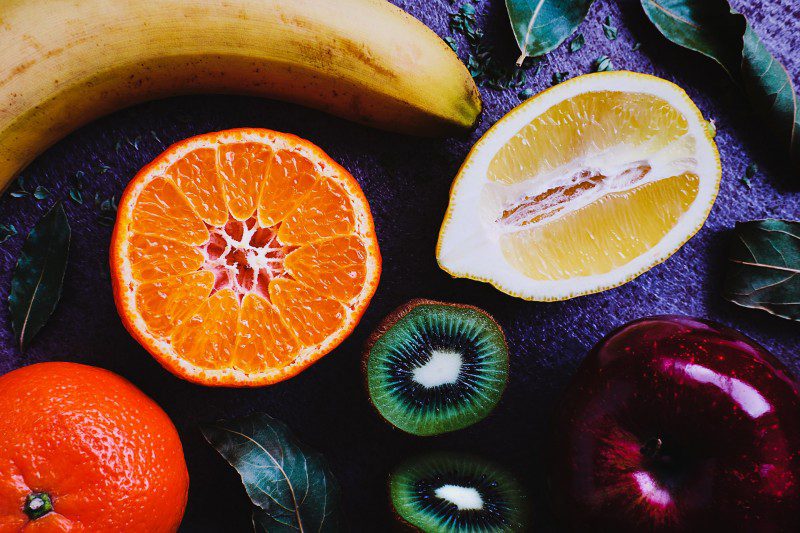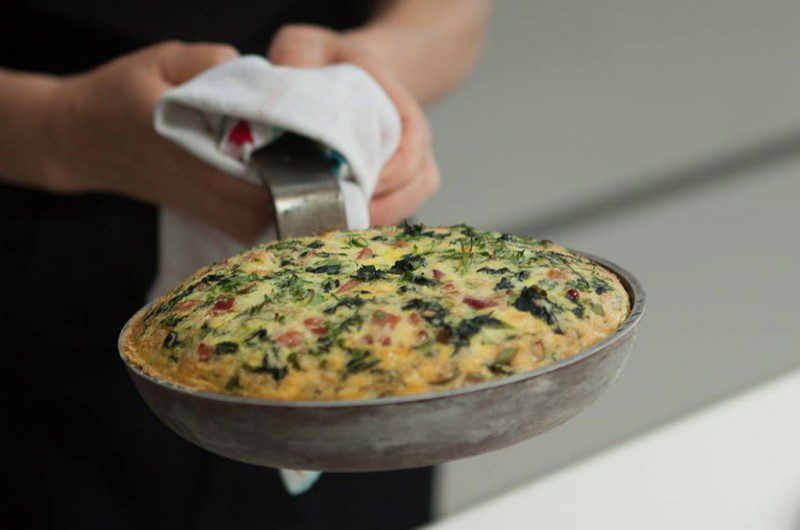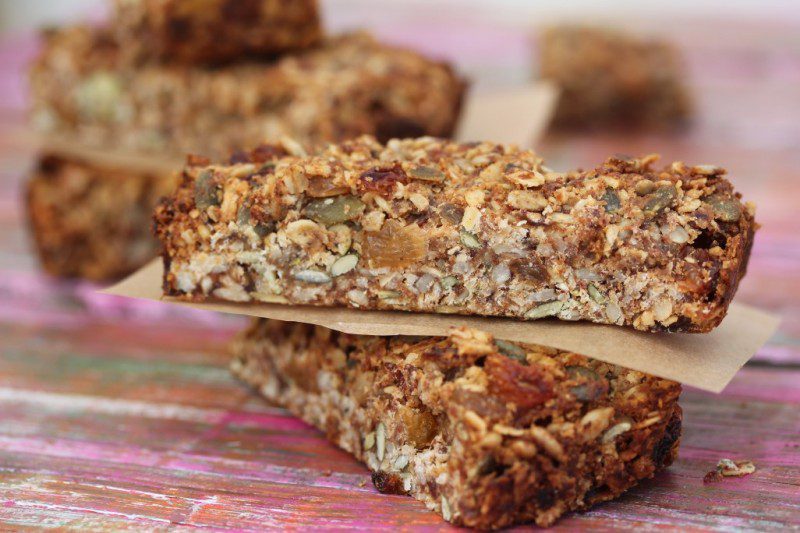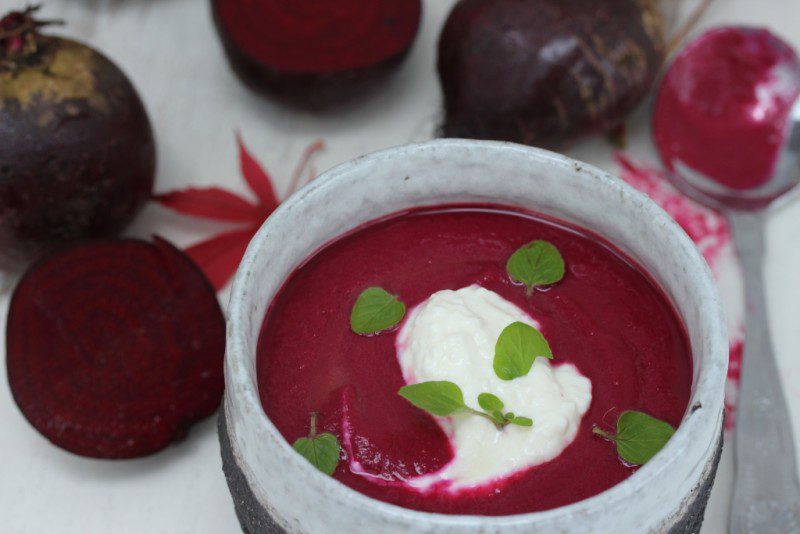Oct 10 is World Mental Health Day. Mental health is something that affects all of us. We will all have experience of either someone close to us or ourselves suffering from some sort of mental health issues at some stage of our lives.
So few of us make the link between mental health and something as simple as the food we are eating. But it can make a huge difference in some cases. Within our bodies, all the different functions and systems require different nutrients in order to work efficiently. And the brain is no different, without these nutrients, we can easily start to feel ‘not right’. A person might not be eating well, or they may be eating the right foods but they may not be absorbing the nutrients due to poor gut health or low stomach acid, for example. A whole section of our nervous system sits in our gut, often referred to as our ‘second brain’, so an unhealthy gut is going to play havoc with our mental health.
Of course, antidepressants have their place and they are a lifesaver for many people. But they don’t suit everyone and in some cases they can make matters drastically worse, adding more chemicals into an already overloaded body, giving our body, even more, to deal with, the liver more to detox and damaging the gut further. So it can be a vicious circle! In this instance taking a holistic approach to our mental health can be a great option. Visiting a nutritional therapist or functional medicine practioner coupled with the help of a mental health practitioner can be a very helpful natural approach.
For all of us, no matter how well we are feeling, it is really important to look after our mental health, because when we are feeling bad often we are not motivated to do anything. So setting up these good habits when we are feeling good means they will be established and almost second nature then when we are not feeling our best. We hear of people talking about exercise and meditation being ‘great for the head’, well your food can do the same in its own way!
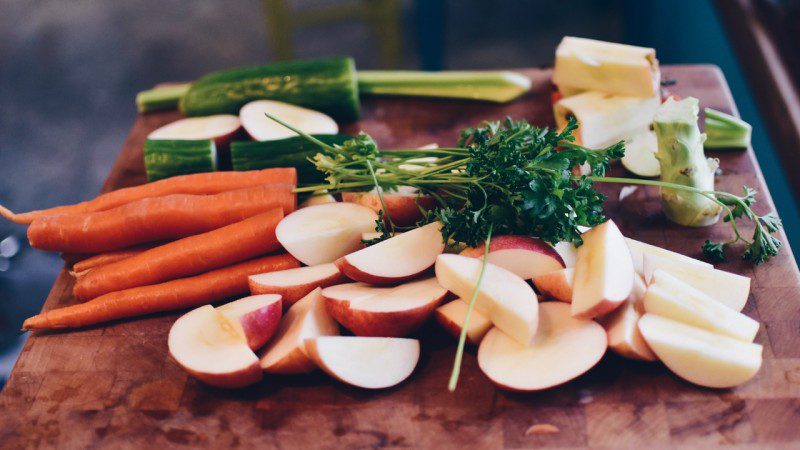
The brain is predominantly made up of fat. Eating a diet rich in good fats is going to benefit you immensely and promote a healthily functioning brain. Wild salmon, sardines, mackerel, avocado, beneficial oils, nuts and seeds are all great sources. Fish oil supplements such as MoreEPA can also be a great option.
Amino acids are also very important for brain health, for example in the making of our neurotransmittors. We get these from the protein we eat, for example our meat or fish. It is important to focus on the quality of these products. Organic and local would be the best, as the chemicals and drugs added to cheaper generic meats can actually be damaging to the brain.
And vitamins and minerals are exceptionally important, namely calcium, potassium, magnesium, Vit B6, Vit B3, VIt B12, folic acid, Vit D, Zinc. A varied wholefoods diet rich in leafy green veg, nuts, seeds, wholegrains will get all of these in. A multinutrient supplement may also be beneficial in some cases.
In the world we live in today we have a lot of mental and physical stresses coming at us. Stress and toxins can cause free radicals and oxidative damage in the body, we need antioxidants in our diet to combat this. Eating a variety of brightly coloured fruits and veg will really help here.
Gluten can have a negative effect on brain health in some cases. In the case of someone with a compromised gut, gluten can play havoc with the whole body including the brain and eliminating it has seen fantastic results in some cases. Even just choosing a more traditional grain or product can make a difference. There are great alternatives available now like spelt, quinoa, buckwheat, millet and sourdough bread is widely available now too which is great.
Here are some handy tips on how to incorporate this into everyday meals:
Breakfast
Eggs are fantastic brain food, add some veg for a seriously nutritious start to the day. Try a side of spinach, tomatoes & avocado.
Smoothies or smoothie bowls are such a handy place to squeeze in lots of great nutrients. Veg, fruit, avocado, nuts, seeds, oils, lecithin, even multi-nutrient or green powders and probiotics can all be added to a morning smoothie for a great boost first thing!
If porridge is your thing, go for a nice gluten-free brand. Porridge is a great base for adding lots of goodies. Nuts and seeds, especially ground like flax, lecithin, gojis, nut butters, berries, the list is endless, there’s a different option for every day of the week.
Snacks
Nuts are serious brain boosters and seeds too. Nut and seed butters are dead handy for snacking. Almond butter on an apple or seed butter on veg sticks is great.
Hummus and dips like pesto are other good snacking options too with veg sticks or seed/oat crackers, handy and portable and really tasty.
If you prefer a sweeter option try some dark chocolate melted with your favourite nuts and seeds added, refridgerate and break into pieces.
Or power balls are great too, the perfect place to fit in ingredients like tahini and cacao, high sources of calcium and magnesium.
Berries also are great as they are high in antioxidants. A handy snack with a handful of nuts/seeds.
Lunch/Dinner
Main meals can be packed with lots of colourful veg for lots of antioxidants, these will combat any oxidative stress going on in the body.
A good quality source of protein should be added to all meals to keep blood sugar stable and those amino acids will give the nervous system the raw materials it needs to make those neurotransmitters.
Anti-inflammatories in the form of herbs and spices can be added to all dishes from curries to salads.
Extra Virgin olive oil and apple cider vinegar are great additions to salad dressings
Coconut oil is great for cooking with or drizzling over cooked veg
Drinks
Dehyrdation can have a terrible effect on the mind. Plenty of water is needed to keep you fully hydrated. Filtered or mineral water are preferable as you can be sure they are free of any toxins or heavy metals. A squeeze of lemon juice or a dash of apple cider vinegar in a glass of warm water has great antioxidant and anti-inflammatory properties.
Herbal teas are great. The likes of chamomile is very calming and relaxing. Rooibos, high in antioxidants, is a great alternative to a regular black tea, which can leach nutrients from the body.
Happy eating! And remember the food we eat can build us up or break us down, listen to your body, see what makes you feel good and bad. Fuel your body with natural whole foods your body and mind will reap the benefits. Good luck!
Blog credit: Kara Reilly Current IINH Student
